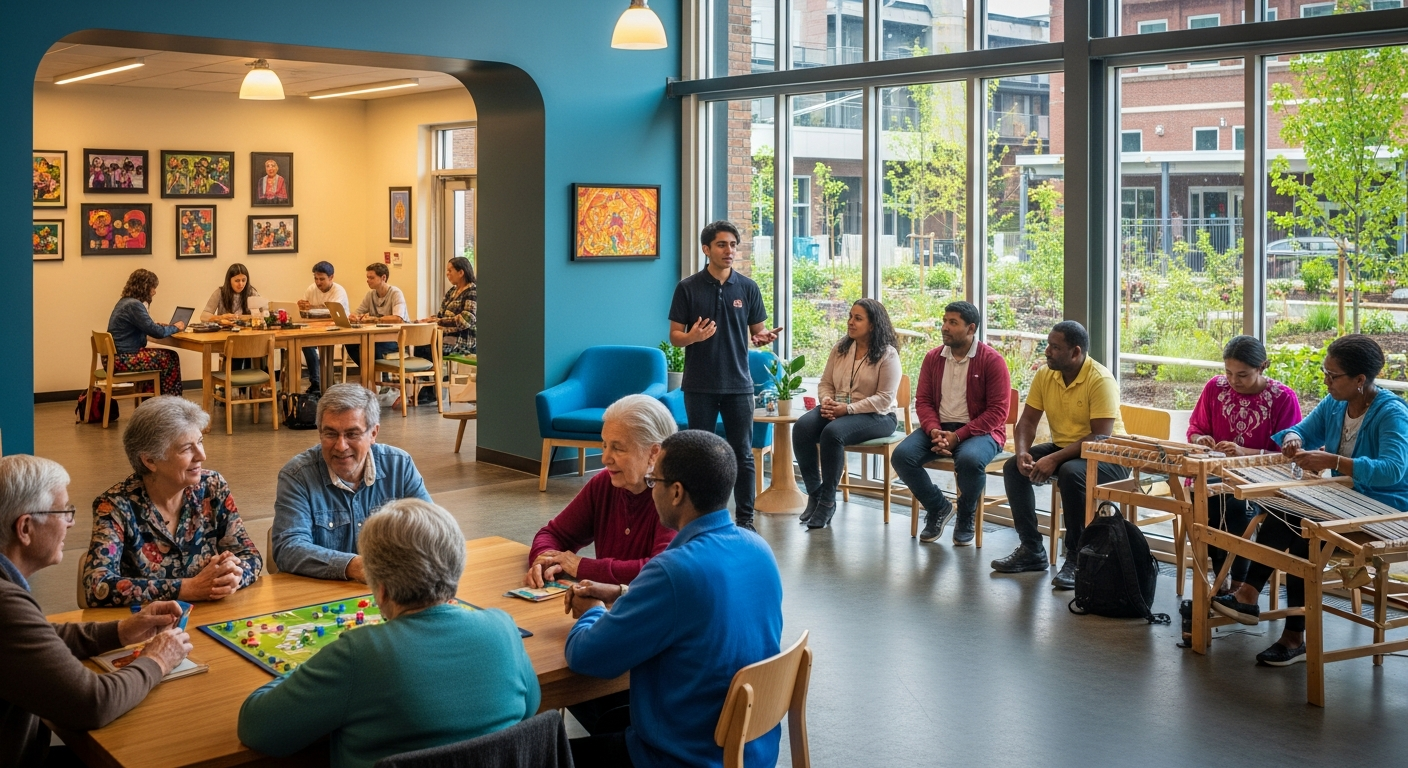Unraveling the Intricacies of Collective Memory in Society
Introduction: Collective memory, a shared pool of information held by a group, shapes our understanding of the world around us. This article takes a close look at this sociological concept, its evolution, and its impact on society. Read below to dive into the fascinating world of collective memory.
A Historical Perspective on Collective Memory
Collective memory, a term coined by philosopher Maurice Halbwachs in the early 20th century, refers to the shared pool of knowledge and information that a culture, group, or society maintains. It’s not merely an aggregate of individual memories but a distinct phenomenon shaped by social structures, cultural norms, and historical contexts. Early theories surrounding collective memory emphasized its role in forming group identities and maintaining social cohesion.
The Evolution of Collective Memory in a Digital Age
In recent years, the advent of digital technology has drastically transformed the landscape of collective memory. The Internet has become a vast repository of shared experiences, enabling the rapid dissemination and preservation of collective narratives. This digital shift has democratized the process of memory-making and challenged traditional gatekeepers of historic narratives.
The Power of Collective Memory in Shaping Societal Trends
Collective memory plays a significant role in shaping societal trends. It influences how society remembers certain events or periods, which in turn impacts collective attitudes and behaviors. For example, collective memories of historical injustices can fuel social movements seeking reparations and systemic change. On the other hand, collective amnesia, the deliberate or unintentional forgetting of certain aspects of history, can perpetuate harmful stereotypes and injustices.
The Implications of Collective Memory
The implications of collective memory are far-reaching. It informs our understanding of the past, shapes our perception of the present, and guides our expectations for the future. Collective memory is thus a crucial component in the formation of social identities, the promotion of social cohesion, and the facilitation of social change.
Balancing Collective Memory: A Call to Mindfulness
Collective memory, while powerful, is not infallible. It is susceptible to distortions, bias, and manipulation, making it imperative for individuals to approach it with critical thinking. As society navigates the complexities of collective memory, there’s a need for balance - to honor shared histories while acknowledging their limitations, and to foster inclusivity in memory-making processes to ensure diverse perspectives are represented.
In conclusion, collective memory is a dynamic and powerful force that shapes societal attitudes, behaviors, and identities. Despite its complexities and potential for distortion, it remains a pivotal element in understanding societal trends and navigating the social landscape. By being mindful of its intricacies, society can leverage collective memory as a tool for fostering understanding, inclusivity, and social change.







